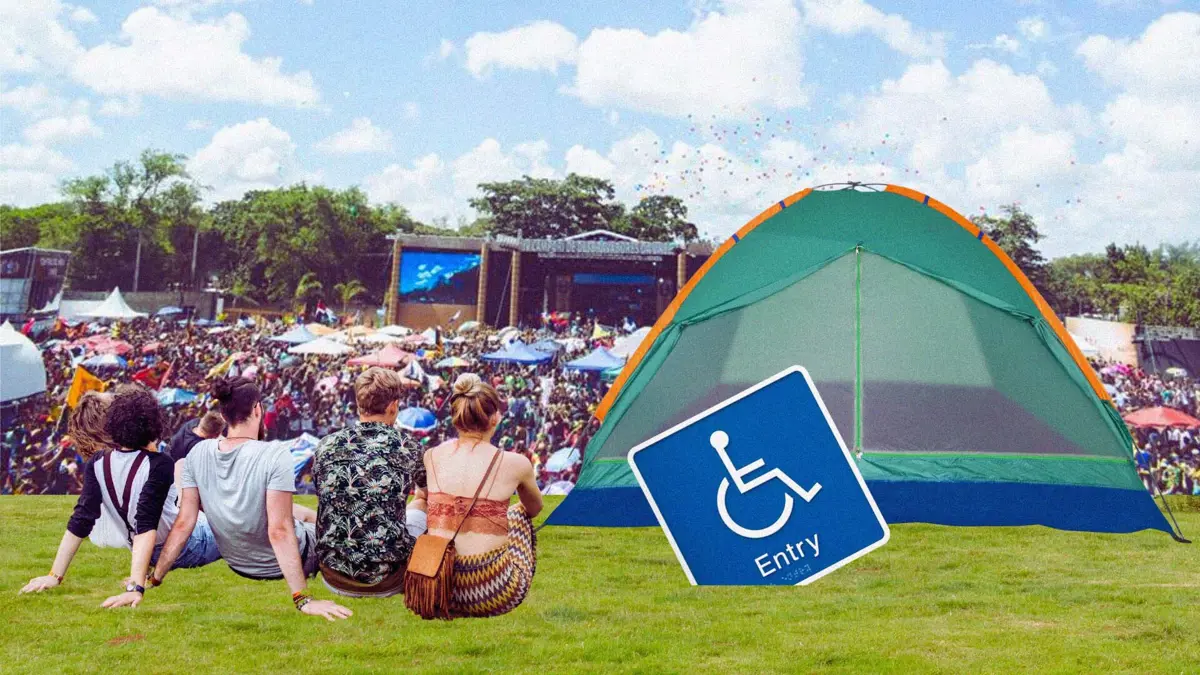When high school teacher Sav Wallis heard the Government's proposal to replace the current NCEA system, her anger came quickly.


Image description
A festival scene shows people enjoying the music with a tent in the foreground and a wheelchair access sign out front.
When high school teacher Sav Wallis heard the Government's proposal to replace the current NCEA system, her anger came quickly.
Having time and space to take risks, experiment and adapt is nurturing rich storytelling in First Draft, a production showcasing early drafts of short plays by d/Deaf and...
Disestablishing NCEA won’t solve the problems in our education system, especially not for disabled ākonga, says Nikita Van Dijk.

